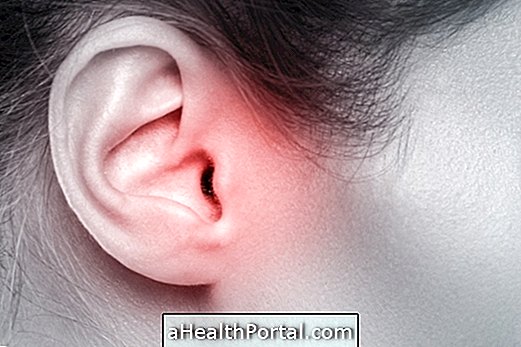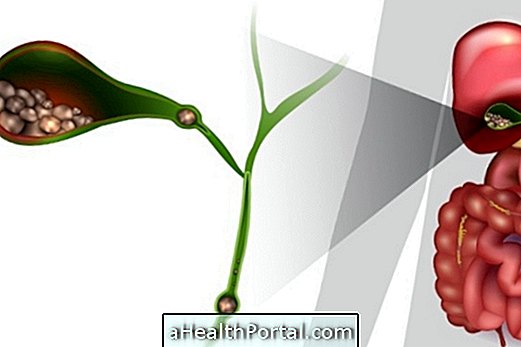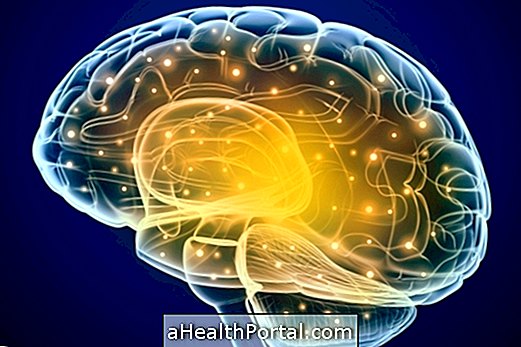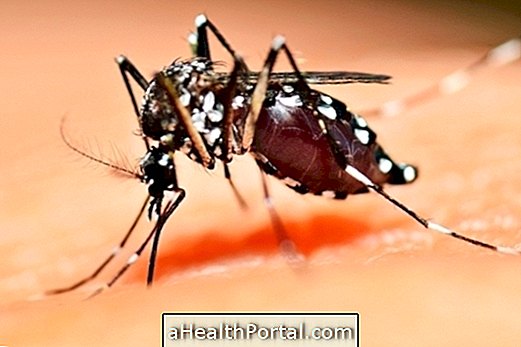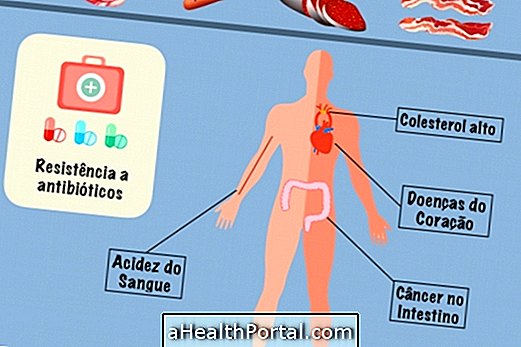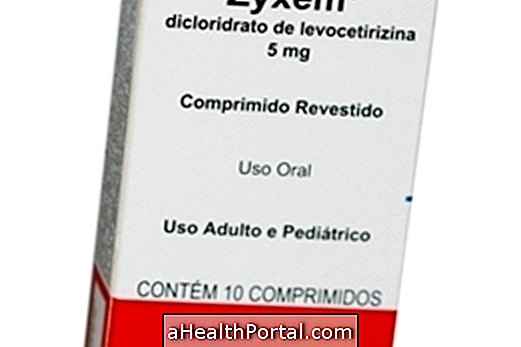Medications that delay puberty are substances that influence the functioning of the pituitary, preventing the release of LH and FSH, two hormones very important for the sexual development of children.
Most of the time, these medications are used in cases of precocious puberty, to delay the process and allow the child to develop at the same pace as their friends. However, they can also be used in cases of gender dysphoria, in which the child is not happy with the gender that was born, giving more time for him to explore his gender before making a drastic and definitive decision as the sex change, for example.

How Medications Work
These remedies prevent the pituitary from producing two hormones, known as LH and FSH, which are responsible for stimulating in boys the testes to produce testosterone and in girls the ovaries to produce estrogens:
- Testosterone : is the main male sex hormone, which is produced from approximately the age of 11 to 18, and has the role of causing hair growth, penis development and voice changes;
- Estrogen : It is known as the female hormone that begins to be produced in greater quantity around the age of 10, to stimulate the growth of the breasts, distribute the accumulation of fat to create a more feminine body shape and start the menstrual cycle.
Thus, by decreasing the amount of these sex hormones in the body, these medications are able to delay all typical changes of puberty, preventing the process from happening.
Which drugs are most used
One of the most commonly used medicines is Leuprolide, also known as Leuprorelin, which is given as an injection every month or every 3 months. However, another option is Histreline, which is usually given as an implant placed under the skin for up to 12 months.
When these remedies are stopped, the production of hormones returns to normal and the process of puberty is started quickly.
Possible side effects
By affecting the production of hormones, this type of medication may have some side effects in the body such as sudden mood changes, joint pain, shortness of breath, dizziness, headache, weakness and generalized pain.
